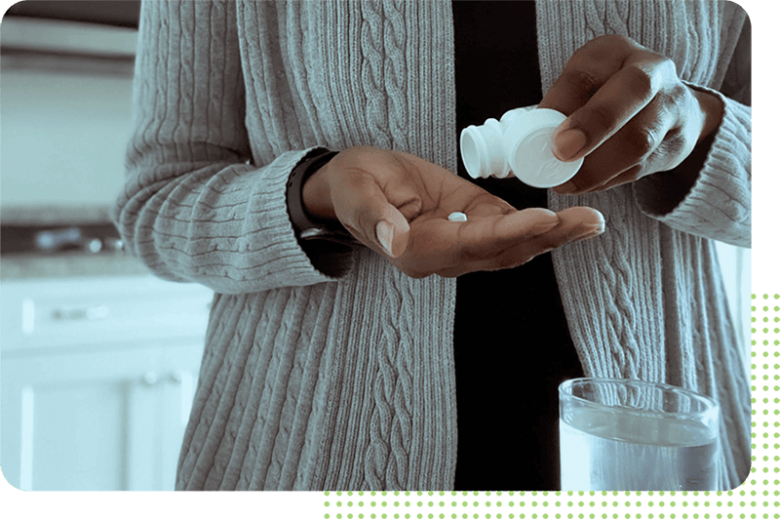
TREATMENT PLANNING
Looking to start or change an ADHD treatment?
Your ADHD treatment plan should be tailored to meet your needs and goals
SETTING YOUR GOALS
Your treatment needs may change over time
Are you getting what you want from treatment?
Your needs change as your life changes. Not all your symptoms look the same and not all symptoms need to be treated in any one way. Understanding your needs and making sure they’re being met is an important step in getting your treatment plan working for you.
Ask yourself these questions to help have a productive conversation with your doctor:
- Have you always had a hard time focusing?
- How are your relationships at work, at home, and socially?
- Are you often accused of being “too loud” or of interrupting others?
- Do you often feel sad or angry?
- How’s your sleep? Do you find you are restless at night or can’t lay still long enough to fall or stay asleep?
- Phone, wallet, keys? Do you often forget or misplace things?
- Are you dependable? Do you struggle to complete tasks at home or at work?
- How organized are you? Do you find cleaning and organizing to be overly stressful?
By answering these questions, you may identify some areas of your life to improve or symptoms you’re unhappy with. Take your list of concerns with you to your next doctor appointment.
ADHD TREATMENT OPTIONS
How much do you know about your treatment options?
There are more options now than ever before
It’s important to review all your options to see what’s best for your unique needs.
Multimodal treatment
ADHD symptoms are different for everyone. Make sure to tailor your approach with your doctor, and consider including counseling in addition to medication. The combination is thought to produce the best results in ADHD management.
Medications may play an important role in treating your inattention, hyperactivity, and impulsivity
There are 2 main categories of ADHD medications:
- Controlled medications/stimulants
- Noncontrolled medications/nonstimulants
Controlled medications/stimulants:
Contain the molecules methylphenidate or amphetamine.
- Oldest class of ADHD medication
- Works on the central nervous system to improve attention and reduce hyperactivity
- Act fast, but symptoms may “rebound” (occur again) in the late afternoon or evening
- Common side effects are loss of appetite, weight loss, and difficulty sleeping
- Potential for abuse
- Less common though more serious side effects include anxiety, heart complications, psychosis, and worsening of tics (involuntary actions)
Noncontrolled medications/nonstimulants:
Include certain classes of medications also used in other settings to lower blood pressure or adjust the chemicals in the brain (antidepressants).
- May take a few weeks to be fully effective
- Work differently than stimulants but may still help reduce hyperactivity and impulsivity
- Not controlled substances, so monthly doctor’s appointments aren’t required for a refill
- Have no potential for abuse compared to stimulants
- Common side effects include mood changes and fatigue
- Less common but more serious side effects include dizziness or drop in blood pressure
- In rare cases, may cause liver problems
Combination therapy
If you’re only partially responding to your current treatment or experiencing disruptive side effects, talk to your doctor about combining stimulants and nonstimulants.
TALKING TO YOUR DOCTOR
The best treatment plans start with good doctor-patient relationships – knowing what to talk about is step 1
Whether you think you have ADHD or are on a treatment that just isn’t meeting your needs, ask yourself these questions to have a more productive conversation with your doctor
Here are some things to think about:
- Are you currently on any medications?
- What kind of symptoms are you experiencing?
- Do you have issues with your current treatment plan?
- Do you keep a log of your symptoms?
- Is your current treatment meeting your needs professionally, socially, and with personal relationships?
- Do you find you lose things, miss deadlines, or zone out?
You are your biggest advocate
- Be kind to yourself–you are more than your current symptoms
- Identify areas of improvement to share with your doctor
- Understand your needs can and will change
- Work with your doctor to set goals for yourself
- Be open with your doctor about your ADHD
ADHD TIPS
Here are some helpful tips to manage your ADHD
At home
- Set reminders and stick to them: Be it on your phone, on a hanging calendar, or even post-it notes around the house, set reminders for everything and cross tasks off the list as you complete them
- Everything in its place: Find a place for important items like your keys, gym bag, wallet, or computer bag and always return them after use so you don’t lose anything
- Work to throw things out: Clutter can increase ADHD stresses. Clean out your bags, throw away stacks of unused items like magazines or old mail. Book time in your schedule and do a little every day so it doesn’t become overwhelming
At work
- It’s OK to ask questions: Take note of your deadlines and make sure you understand directions, even if it means asking twice
- Make things simpler for yourself: Arrange tasks into bulleted lists with clear directions for each step
- Put a time limit on conversations that were meant to be quick: It’s easy to get lost on a call, keep it short and simple
- Know your schedule: Check your agenda several times a day so you don’t forget a meeting or task
- Ask for feedback: It’s OK to ask your supervisor or coworker how you’re performing so you know what to focus on
Working from home or remote schooling
- Rethink your schedule: Breaks and meals are just as important to your workday structure as your meetings and tasks
- Prioritize your tasks: Check in with your team or boss, make a list of what is due when, and stick to it
- Home office: Carve out space just for work to help stay on task and to shut off when the workday is over
- Do not disturb: Ensure everyone with you knows when you’re working so they aren’t tempted to distract you
In relationships
- Schedule time for your relationship: Book time with your partner or friends, maybe a date or a movie so they stay a current priority
- Look for better ways to communicate: Remember you’re on the same team. Work with your partner to find a way of communicating that works for both of you
- Be compassionate: ADHD takes up a lot of mental and emotional space – pause and reset if you feel frustrated to avoid conflict
In social settings
- Schedule social time into your life: As suggested for everything else, make plans and enter them into your calendar so you don’t miss out
- Find a support group: Making friends as an adult can be hard, maybe even harder with ADHD, finding people to talk to can help
- Check in with yourself: Impulsivity and emotional regulation are common traits for those with ADHD, take a breath
- Ask for feedback: Similar to requesting feedback at work, asking friends and family how you’re coping with symptoms can help you find areas of improvement
ADHD SUPPORT ORGANIZATIONS
Education and support for you
As an adult, it can be hard to know where to turn for support. The following ADHD support organizations may help you on your journey by offering helpful information and offering a sense of community.
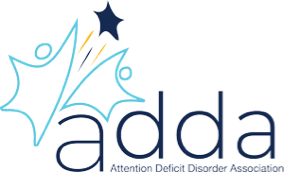
The Attention Deficit Disorder Association is the world’s leading adult ADHD organization. They are an international nonprofit 501C organization founded over 30 years ago to help adults with attention-deficit/hyperactivity disorder lead better lives.

ADDitude is the world’s most trusted resource for families and adults living with ADHD and related conditions, and for the professionals who work with them.
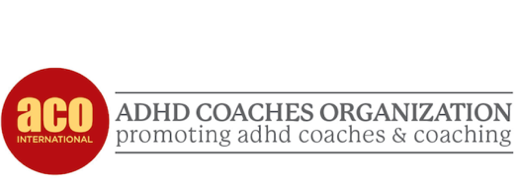
The ADHD Coaches Organization (ACO) is the worldwide professional membership organization for ADHD coaches. ACO is a nonprofit association created to advance the profession of ADHD coaching worldwide.
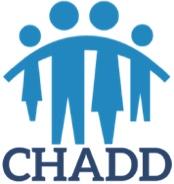
Children and Adults with Attention Deficit/Hyperactivity Disorder (CHADD)
Children and Adults with Attention Deficit/Hyperactivity Disorder (CHADD) is an established organization founded in 1987 to provide education and advocacy to parents of children with ADHD, as well as adults managing the disorder.

The Centers for Disease Control and Prevention (CDC) is one of the major operating components of the Department of Health and Human Services and is a helpful source of ADHD information.
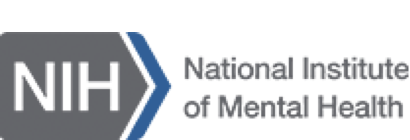
National Institute of Mental Health
The National Institute of Mental Health (NIMH) is the lead federal agency for research on mental disorders. NIMH offers the latest scientific information on ADHD as well as resources for finding treatment or participating in clinical trials.
Key Takeaways
- Your ADHD treatment plan should be tailored to meet your changing needs and goals
- It’s important to review all your options to see what is best for your unique needs
- Partner with your doctor to find the best treatment plan for you

UP NEXT


